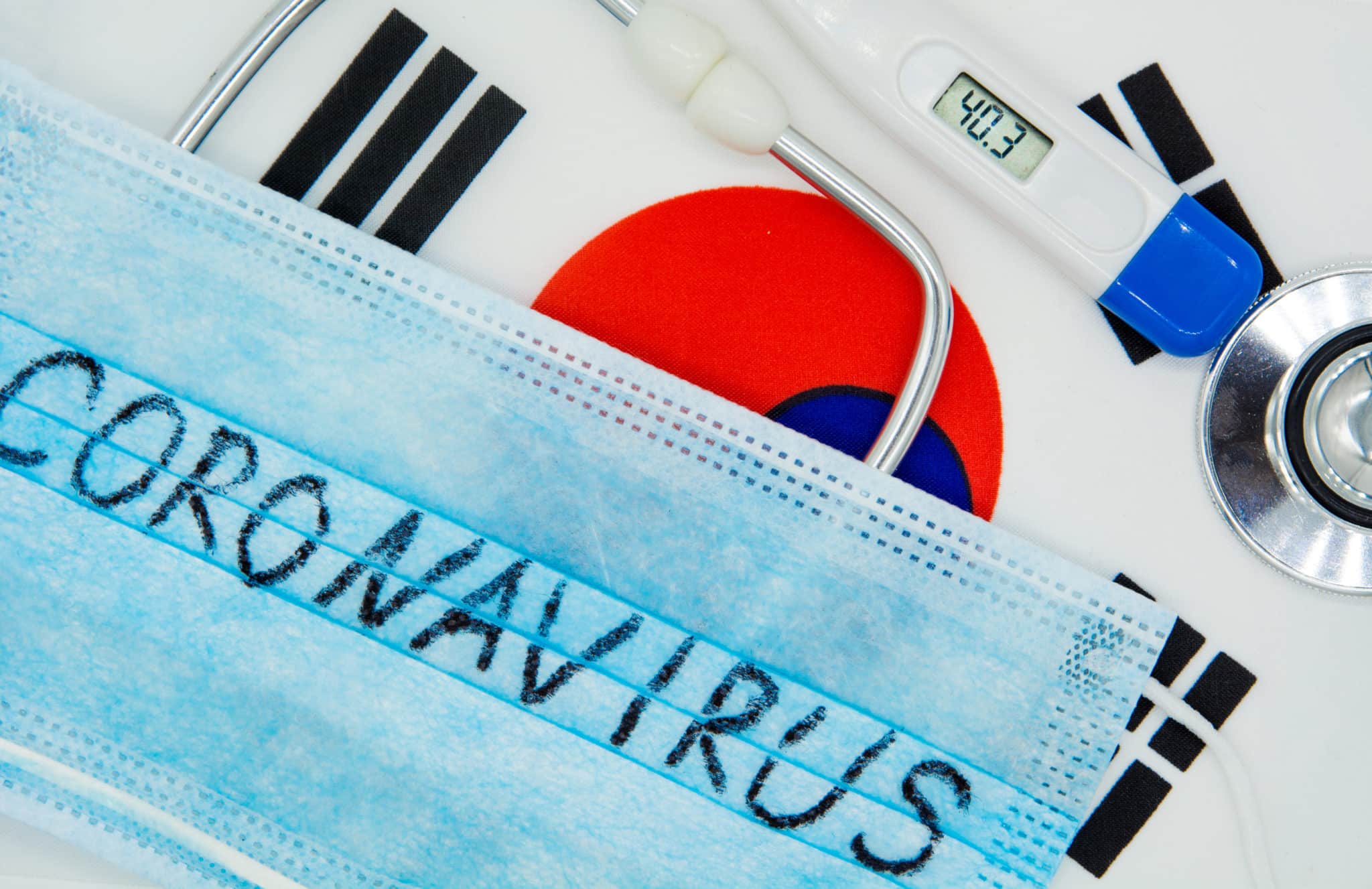
Temporary Halt Causes South Korea Stocks to Drop
On Thursday, stocks in South Korea fell following fears over the coronavirus pandemic that continues to weigh on investor sentiments.
Major markets in the Asia Pacific region fell deep into the negative territory with South Korea’s Kospi leading in losses. It dropped 8.39% to close to 1,457.64 while the Kosdaq index fell 11.71% to close at 428.35.
According to the Korea Exchange, the 8% drop of Kospi and the 20 minutes trade halting triggered the circuit breakers.
By the afternoon, Hong Kong’s Hang Seng Index dropped 2.27% at its final hour of trading.
Earlier last week, trading halted in the Philippines causing the PSE Composite Index to plummet 13.34% to close at 4,623.42 as it reopened on Thursday.
The Jakarta Composite Index in Southeast Asia traded 5.44% lower in the afternoon. The drop caused the Indonesia Stock Exchange to announce a temporary halt.
In Australia, the S&P/ASX 200 closed 3.44% lower at 4,782.90 after an earlier jump of more than 2%.
The Australia Bureau of Statistics released Job data on Thursday showing seasonally adjusted unemployment rate for February at 5.1%.
Shanghai Composite dropped 0.98% to 2,702.13, the Shenzhen Composite rose 0.279% to about 1,682.93, while the Mainland Chinese stocks remained mixed.
Softbank Shares Plunge
In Japan, the Nikkei 225 slid 1.04% to close at 16,552.83 with Softbank Group (Index heavyweight and conglomerate) plummeting 17.22% – the biggest one day fall.
Meanwhile, the Topix Index gained 0.97% to close at 1,283.22 but overall the MSCI Asia ex-Japan Index dropped 4.3%.
According to Sean Taylor, liquidity from credit markets is what is putting pressure on the equity markets now. He told investors to be very cautious and keep liquid in the meantime.
Taylor is the chief investment officer for the Asia Pacific at DWS.
What is the RBA package?
On Thursday, the Reserve Bank of Australia (RBA) announced a comprehensive package to support the country’s economy as it grapples with the economic impact of the virus.
The package includes reducing the cash rate target to 0.25%.
According to RBA Governor – Philip Lowe the virus will at some point be contained and the Australian economy will recover. Meanwhile, the priority for the RBA is to support jobs, businesses, and income so that when the health crisis recedes. Australia will be in a strong position to recover.
Meanwhile, on Wednesday the US Fed Reserve invoked its emergency authority to create a backstop for prime Money Markets Mutual Funds. The new fund will provide loans to financial institutions to buy assets from prime money market funds.
Earlier, the European Central Bank (ECB) had boosted the region’s socks. On Wednesday, the ECB announced a new Pandemic Emergency Purchase Programme will use approximately $821 billion (€750 billion) to purchase securities and help support European Economy.
The ECB said it would ensure that all economic sectors can benefit from the supportive financial conditions to enable them to absorb the shock. The move applies equally to families, banks, firms, and governments.
On Wall Street, the Dow Jones Industrial Average dropped 1,338.46 points to close at 19,898.92 overnight. It was its first to close below 20,000 since Feb 2017.
The S&P dropped 5.2% to 2,398.10 and closed nearly 30% below a record set last month.
The Nasdaq Composite fell 4.7% to close at 6,989.84.
So far, according to data from the WHO, at least 207,860 have been infected and 8,657 succumbed to the disease globally.
- Check-out Financebrokerage’s comprehensive Review on Forex.com




